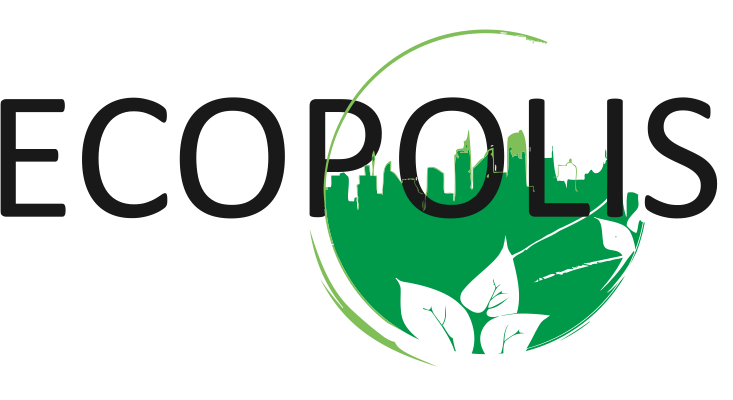The general objective of the ECOPOLIS project is to reclaim the polluted wasteland of Burgess-Norton site (Fig. 1) in Vieux-Charmont (Doubs, France), by the implementation of a living-lab for applied research and teaching addressing sustainability and integrating a phytomanagement approach on a polluted industrial site to bring research down into everyday life and improve the urban environmental quality. This polluted wasteland is located on the edge of the urban center, in the immediate vicinity of the Belfort-Montbéliard Greenway.
We hypothesize that implementing this living lab will enable the population to acculturate to the management of the industrial heritage and to serve as a model for spreading the phytomanagement methods throughout the NFC territory and more broadly in areas undergoing industrial restructuring.

The implementation relies on three specific objectives:
- to fully characterize spatially and quantitatively the site’s pollution, mobility, and environmental and human impacts, using innovative methods that will be deployed on site to meet the technological challenges related to the management of polluted sites and soils
- to set-up a living-lab following the National Methodology for Managing Polluted Sites and Soils (abbreviated NM2PS2) and its associated standard (NF X31-620) to bring together local authorities, public and private actors, companies, associations and individual actors in order to test different pollution management scenarios
- to evaluate the replicability potential on other marginal lands of the territory. The objective, in the longer term, is to capitalize on the method to enable phytomanagement actions to be initiated on part of other marginalized lands in the NFC.
